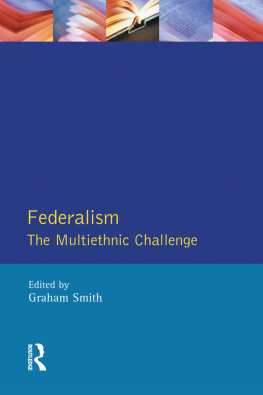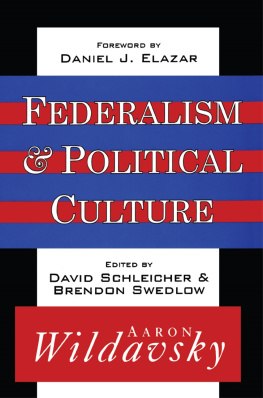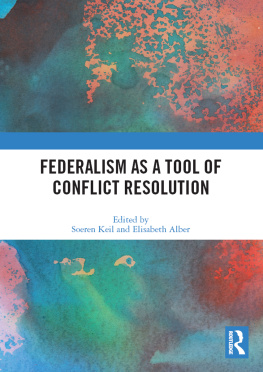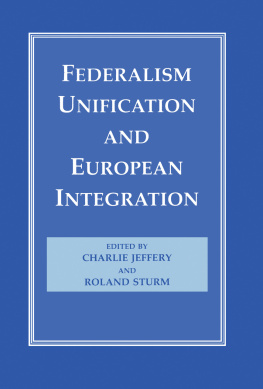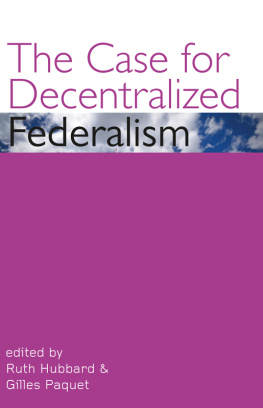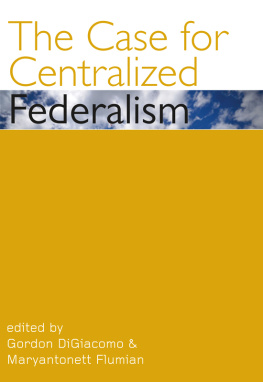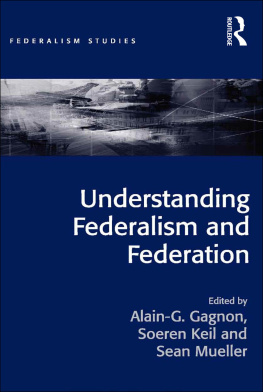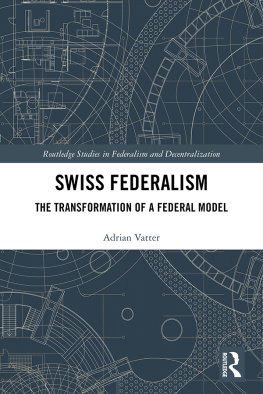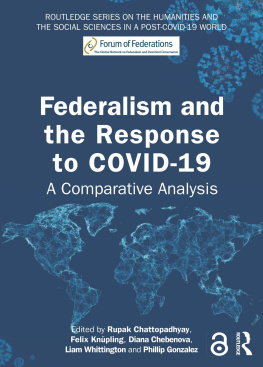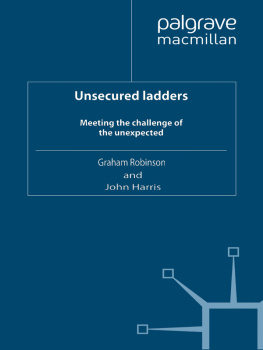First published 1995 by Longman Group Limited
Published 2014 by Routledge
2 Park Square, Milton Park, Abingdon, Oxon OX14 4RN
711 Third Avenue, New York, NY 10017, USA
Routledge is an imprint of the Taylor & Francis Group, an informa business
Copyright 1995, Taylor & Francis.
All rights reserved. No part of this book may be reprinted or reproduced or utilised in any form or by any electronic, mechanical, or other means, now known or hereafter invented, including photocopying and recording, or in any information storage or retrieval system, without permission in writing from the publishers.
Notices
Knowledge and best practice in this field are constantly changing. As new research and experience broaden our understanding, changes in research methods, professional practices, or medical treatment may become necessary.
Practitioners and researchers must always rely on their own experience and knowledge in evaluating and using any information, methods, compounds, or experiments described herein. In using such information or methods they should be mindful of their own safety and the safety of others, including parties for whom they have a professional responsibility.
To the fullest extent of the law, neither the Publisher nor the authors, contributors, or editors, assume any liability for any injury and/or damage to persons or property as a matter of products liability, negligence or otherwise, or from any use or operation of any methods, products, instructions, or ideas contained in the material herein.
ISBN 13: 978-0-582-22578-7 (pbk)
British Library Cataloguing-in-Publication Data
A catalogue record for this book is available from the British Library
Library of Congress Cataloging-in-Publication Data
Set by 7 in 11/12pt Garamond
For Alexander
Contents
In the period between the conception and completion of this book, the relationship between federalism and ethnoregionalism has moved towards occupying a more prominent place within the arena of post-Cold War politics. The socialist ethno-federations of the Soviet Union, Yugoslavia and Czechoslovakia all disappeared from the geopolitical map in the early 1990s, while in both South Africa and Ireland the federal question is back on the political agenda. The 1994 election in Quebec of the Parti Qubcois has again shown how vulnerable the Canadian federation is to the possibility of fragmentation. Yet despite the significance of these events to a late twentieth century world characterised by the simultaneous processes of fragmentation and greater globalisation, federalism, as an object of intellectual enquiry, has slipped from the social science agenda.
This book is designed as a contribution to rectifying this slippage. Its aim is to examine those federal formations where cultural differences based around race, ethnicity, tribe, language or religion provide their architectural focus as well as the utility and appropriateness of federation to managing such differences. The book is divided up as follows. A scene-setting chapter introduces the reader to some of the central questions concerning federalism and cultural difference by focusing on the relationship between federation and questions of ideology, political practice and social justice. The rest of the book falls into three parts. In consideration is given to multiethnic polities where federation is being actively considered as a way of managing multiethnic divisions along more democratic lines. A postscript has been added, signalling in particular how comparative analysis can enrich our understanding of the idea and practice of federations.
As editor, it is a pleasant duty to offer thanks and appreciation to the contributors particularly for their willingness to follow editorial guidelines. I also owe a special debt to John Agnew, Stuart Corbridge, Norberto De Sousa, Gerry Kearns, Benno Werlen and Andrew Wilson for reading parts of the text and for their useful and encouraging comments. As always it has been a pleasure to work with Chris Harrison, publisher at Longman, and with Ian Agnew who drew the maps and diagrams.
GRAHAM SMITH
Cambridge
October 1994
John Agnew, School of Geography, University of Syracuse, Syracuse, United States.
James Anderson, Faculty of Social Sciences, The Open University, England.
Stuart Corbridge, Department of Geography, University of Cambridge, England.
Martin Dent, Department of Politics, University of Keele, England.
Montseratt Guibernau, Centre for Ethnic Relations, University of Warwick, England.
Robert J. Kaiser, Department of Geography, University of Missouri-Columbia, United States.
Alexander Murphy, Department of Geography, University of Oregon, United States.
Vesna Popovski, Department of Sociology, University of Leicester, England.
Jenny Robinson, Department of Geography, University of Natal, South Africa.
Graham Smith, Department of Geography, University of Cambridge, England.
Colin H. Williams, Department of Welsh, University of Wales College of Cardiff, Wales.
Graham Smith
Federalism has emerged as a major issue on the political agenda of the post-Cold War world. That it has been propelled into occupying a more central place owes much to the resurgence of both nationalist and ethnic tensions which have paralleled, if not taken sustenance from, the end of the Cold War and the accompanying search for how best to organise our national and ethno-regional communities so as they can live with difference. Such world-historical changes have seen the demise of socialist federations and the subsequent but only too painful search by some of their successor states, notably Russia and Bosnia, to experiment with new forms of federation as ways of living (or not) with cultural diversity. In Western Europe, not only is federalism considered as a project for re-negotiating the political boundaries of sovereignty and citizenship but for many ethno-regional communities like the Catalans, Scots and Flemish as a way of refocusing a politics of identity by going simultaneously local and continental. For Canadians, long since used to living with federalism, the issue of sovereignty association, first mooted by the Parti Qubcois a generation ago, is back on the table questioning not only Quebecs relationship to the rest of Canada but whether a federation living with so many other claims to cultural difference can continue to be defined by its linguistic dualism alone. And in the post-colonial world of the South, where federalism was a belated and often imposed import, ethnic and national differences challenge its utility to manage communities with often limited respect for recognising the rights of others while also offering the possibility, as in post-apartheid South Africa, of constructing more socially just polities.
It would seem that there has never been such a time as the late twentieth century in which the idea and practice of federalism has rendered old certainties about the geopolitical landscape so uncertain. Whether however this constitutes, as Elazar claims, a federal revolution sweeping the world (1991:7) remains debatable. Yet federation and the possibilities and opportunities that it may offer for constructing more democratic and possibly less nation-state-bound communities raises questions about its appropriateness as a form of governance in multiethnic societies to effectively respond to the economic, social and political conditions offered by the late twentieth century. In this regard, three challenges seem particularly apposite.

